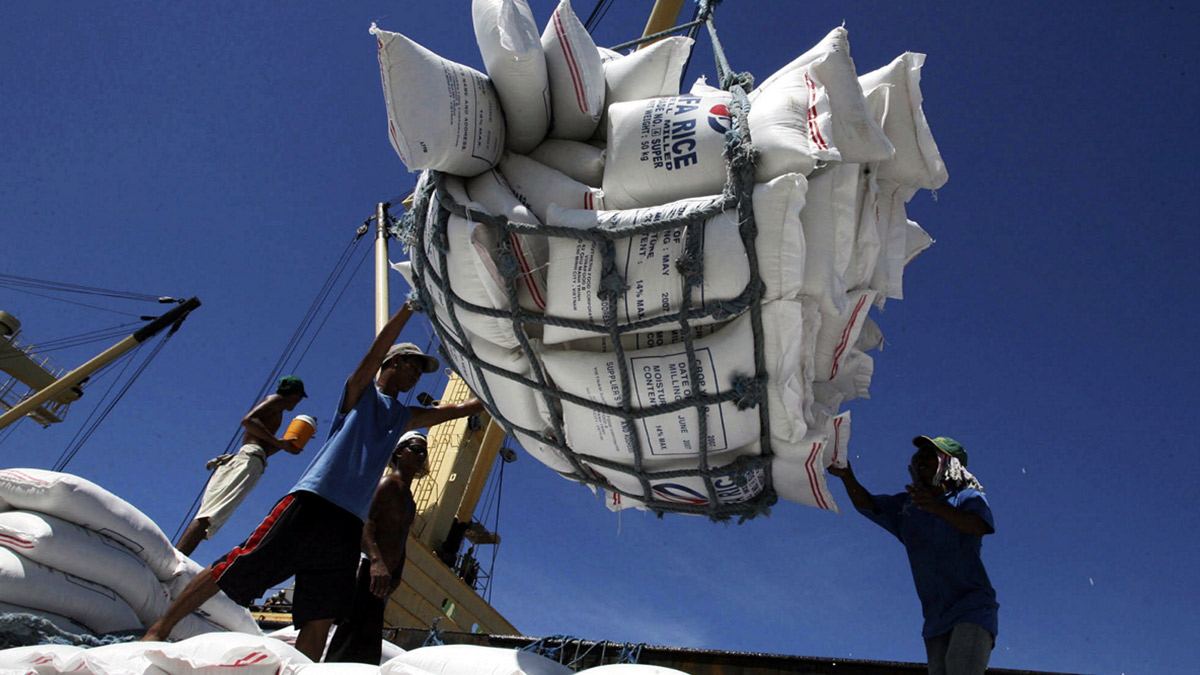Marcos signs Anti-Agricultural Economic Sabotage Act into law

(INQUIRER FILE PHOTO/EDWIN BACASMAS)
MANILA, Philippines — President Ferdinand “Bongbong” R. Marcos Jr. on Thursday signed into law Republic Act No. 12022 or the Anti-Agricultural Economic Sabotage Act, which will allow the government to go after illegal activities disrupting the agriculture sector, food supply and prices.
In his speech, Marcos said the law’s signing would shape a “stronger, more resilient agricultural sector” that “defends both farmers and consumers.”
“Under this law, smuggling, hoarding, profiteering, and cartel operations involving agricultural and fishery products will now be classified as economic sabotage — a nonbailable offense punishable by life imprisonment and fines up to five times the value of the goods involved,” said Marcos.
“And let me be clear: this law does not just target the masterminds; it holds all accomplices accountable—financiers, brokers, employees, even transporters,” he added.
Marcos said that the law also led to the establishment of the Anti-Agricultural Economic Sabotage Council which he will head, alongside other key government officials; as well as the Anti-Agricultural Economic Sabotage Enforcement Group, which will focus on dismantling smuggling operations and apprehending offenders.
Article continues after this advertisementIt also mandates the development of a special team of prosecutors who will expedite cases related to agricultural sabotage.
Article continues after this advertisement“We will enforce the law and ensure that swift and decisive action is taken against anyone who dares to sabotage our agricultural sector,” he committed.
“No longer will these cases gather dust; they will be prioritized, and they will be resolved urgently,” he added.
He then called on the public to be vigilant and report cases of agri-economic sabotage.
“This law is not just another policy; it is your battle cry,” said Marcos.
“This law is clearly a clarion call to restore trust in our institutions and reinvigorate faith in our justice system,” he added.